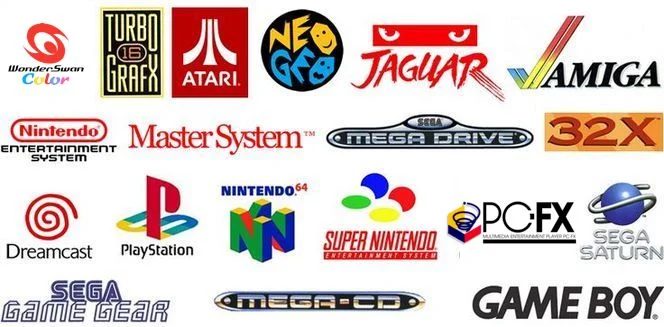
Apple Removes Nearly 30,000 Games and Apps from Chinese App Store: Bloomberg
Apple has removed a large number of games and apps from the App Store in China, with almost 30,000 apps taken down in the middle of a crackdown on games that don’t have the required government licensing to allow for in-app purchases.

According to a new report from Bloomberg, the takedowns come amid a crackdown on unlicensed games by Chinese authorities.
The majority of the removals happened overnight on Saturday, with the peak occurring around 4:15am local time, when Apple detected over 2,000 applications from the App Store. The large majority of the almost 30,000 deletions took place between 3:00am and 5:00am.
Reuters reports the new batch of removals follows an earlier sweep from the first week of July, which affected over 2,500 apps, including games from major companies including Supercell and Zynga.
The process to remove the games started on July 1, with apps lacking the required license being suspended from updating their apps in the App Store for consumers to use.
Apple had previously warned developers of the impending deletion, citing regulartory requirements for payments:
Apple sent a reminder to game developers July 8 about its plans for the removal if they didn’t meet regulatory requirements for payments by the end of the month, Qimai said, citing an email from the iPhone maker.
Apple has been gradually removing thousands of apps from the App Store for failing to meet these requirements. A Technode report notes that Apple is working to comply with the Chinese government’s strict gaming regulations, which require that developers first seek approval from Chinese regulators:
Foreign companies are not permitted to directly apply for the license. They have to partner with local companies to legally launch their paid games in China. It can take months for game makers to have their titles approved.
The approval process for games looking to enable in-app purchases is long and complicated, hurting all but the largest game developers, industry insiders say.
“This affects small- and mid-sized developers’ incomes the most, but due to the difficulties of acquiring a business licence, it’s devastating to the whole game industry in China,” said Todd Kuhn, marketing manager for AppIn China.

